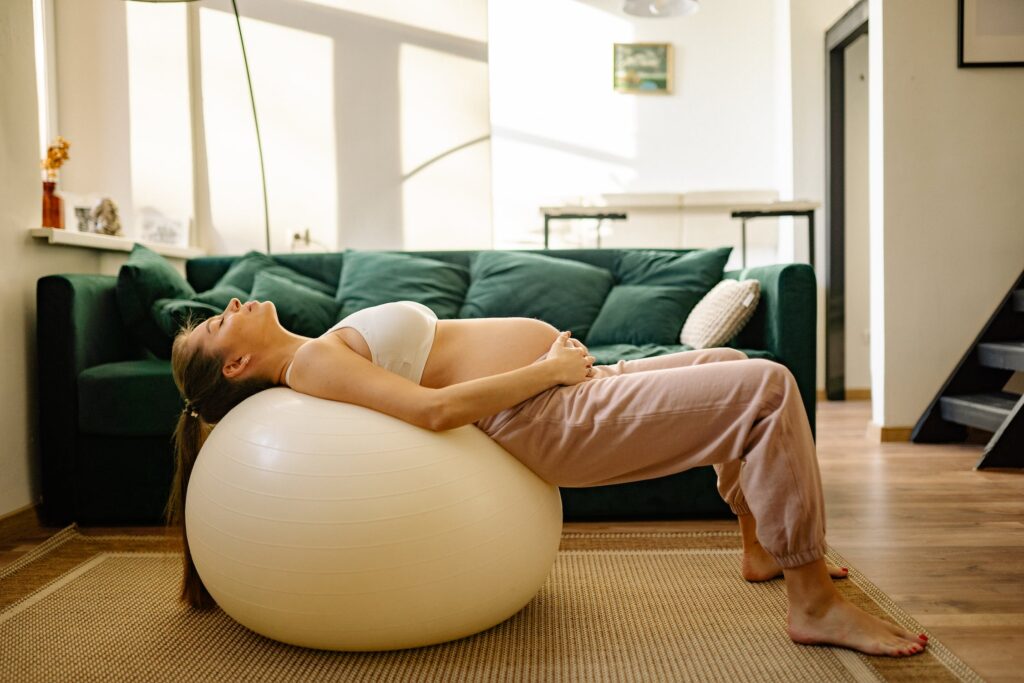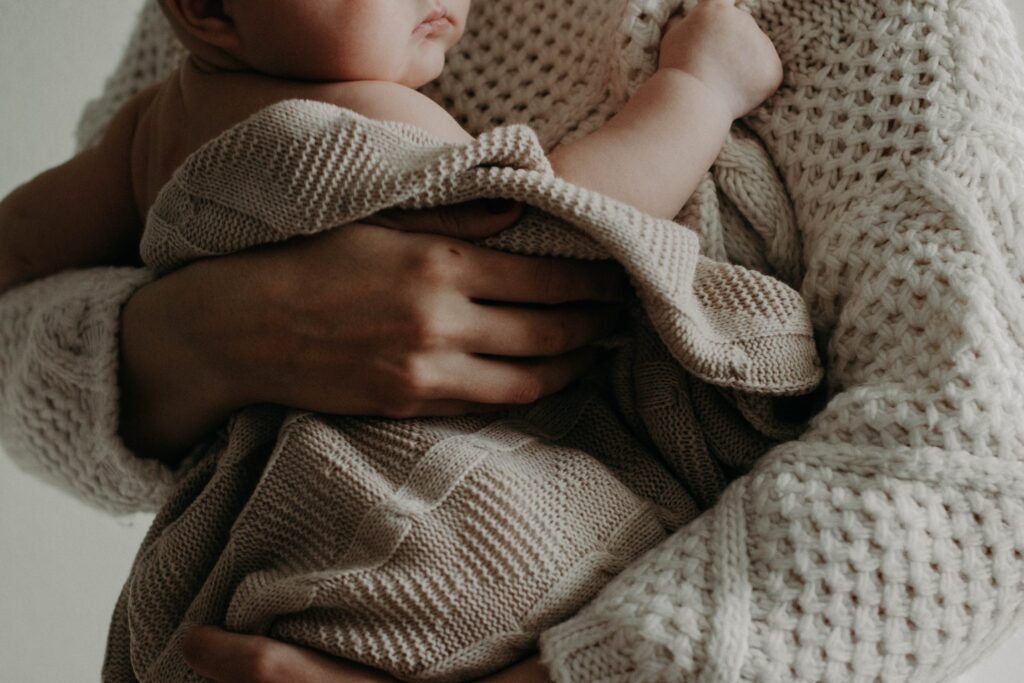Maternity leave is one of the most important things that a working mother can take advantage of in order to fully enjoy her pregnancy and ensure the best possible start for her child. California offers some generous policies when it comes to paid family leave, but how long is maternity leave in CA? In this blog post, we’ll break down everything you need to know about your rights as a pregnant employee and what you’re entitled to under state law. We’ll provide an overview on eligibility requirements as well as details on what types of benefits are available and any potential extensions beyond traditional maternity leave periods. Read on for all the info you need.
Contents
What is CA’s maternity leave law?
California’s maternity leave law is also known as the California Family Rights Act (CFRA). This legislation grants eligible employees up to 12 weeks of unpaid, job-protected leave for certain family and medical reasons. These include pregnancy disability leave, childbirth recovery and bonding with a newborn or newly adopted child. Eligible employees are entitled to job restoration as well as continued health insurance coverage, allowing them to return to work without fear of losing benefits or job security.
The eligibility requirements for maternity leave in CA
The eligibility requirements for maternity leave in CA are as follows:
- Employee must have worked for the employer for at least 12 months.
- Employee must have worked at least 1,250 hours in the 12 months prior to applying for leave.
- Employer must have a minimum of 50 employees within a 75-mile radius of the employee’s worksite.
How do apply for maternity leave in CA?
To apply for maternity leave in CA, employees must fill out Form WH-382 or provide a written request to their employer. This form must be filed at least 30 days before the desired date of leave unless it is not feasible due to medical reasons. The employee’s doctor may also need to certify that the woman is unable to work because of her pregnancy.

How long is maternity leave in CA?
So, how long is maternity leave in CA? The length of maternity leave in CA is 12 weeks. This includes any time taken off for pregnancy disability, childbirth recovery and/or bonding with a newborn or newly adopted child. However, some employees may be eligible to extend their leave by up to four months depending on the employer’s policies.
How do I extend my maternity leave in CA?
Employees may be eligible for an extension of their maternity leave in CA if their employer has a policy that allows for it. This means the employer must have a policy that provides paid or unpaid parental leave beyond the 12 weeks provided by CFRA. Such policies must cover all employees who meet certain eligibility requirements, such as length of service and hours worked, and must provide job protection.
It’s important to note that employers are not required to provide an extension of maternity leave in CA; it is up to their discretion. Therefore, if you wish to extend your maternity leave, you should speak with your employer before taking any additional time off.
What types of benefits can you receive while on maternity leave?
California’s maternity leave law provides a number of important benefits for eligible employees, including:
- Job protection – Employees on maternity leave are protected from any adverse action such as demotion, suspension, or termination of employment during their absence due to childbirth or related medical conditions.
- Continued health insurance coverage – Employers are required to maintain the employee’s existing health plan or provide comparable coverage during the period of leave.
- Partial wage replacement – Employees may be eligible for partial wage replacement through state disability insurance (SDI) if they have paid into this program in the past year.
- Active duty military leave – If the employee is a member of an active duty service branch, she may be eligible for additional unpaid military leave.

Some of the challenges of taking maternity leave in CA
Taking maternity leave in CA can be a challenge for employers and employees alike. One of the biggest challenges is that employers must maintain employee benefits during the leave period, including health insurance coverage and job security. This could present a financial challenge for smaller businesses with limited resources.
Additionally, some employees may face difficulties if their employer does not have an existing policy that provides job protection beyond the 12 weeks granted under CFRA. This means they may need to negotiate an extension of their maternity leave in CA with their employer and could face potential job losses if they are unable to come to an agreement.
Finally, there is the challenge of adjusting back into work after taking a long maternity leave. Many employees may experience anxiety or stress over returning to work and need support in order to make the transition successfully.
The rules for returning to work after maternity leave in CA
When returning to work after maternity leave in CA, employees are entitled to the same benefits and job security as when they left. This means that employers must restore their previously held position or a comparable one with similar pay, benefits, duties and working conditions.
Employers must also keep track of the employee’s hours worked during the period of leave in order to determine their eligibility for overtime pay, vacation and sick time accrual. Additionally, employers must continue the employee’s health insurance coverage and other benefits (such as pension contributions or 401(k) plans).

Conclusion: How long is maternity leave in CA?
Maternity leave in CA is an important legal right that ensures job protection and continued health insurance coverage for eligible employees. This law grants up to 12 weeks of unpaid, job-protected leave with the potential for employers to offer an extension. There are some challenges with taking maternity leave in CA, including financial implications for employers and difficulty returning to work after a long period of absence. It is important for both employers and employees to understand the laws around maternity leave in CA in order to ensure compliance and successful transitions back into the workplace.
FAQ: Maternity leave in CA
Does CA offer maternity leave for both parents?
The good news is that both parents can take advantage of FMLA for the birth of a child and a spouse’s incapacitation due to childbirth or pregnancy. And, with the New Parent Leave Act, you can get up to 12 weeks of leave, covering maternity leave for mothers and paternity leave for fathers. Don’t miss out on precious time with your new bundle of joy – know your rights.
Does CA have mandatory paid maternity leave?
Although employers in California aren’t obligated to offer paid maternity leave, expectant mothers have several options for receiving financial assistance. These include utilizing earned paid time off, state disability insurance, temporary disability pay, and the Paid Family Leave Act.
Can you take maternity leave in CA at 36 weeks?
If you’re a working mom-to-be in California, you may be wondering when you can start your maternity leave. Good news: California law allows expectant mothers to take maternity leave at 36 weeks of pregnancy, regardless of whether or not they have paid into the state’s disability insurance fund. Plus, you can opt to work up until your due date if you prefer. Don’t miss out on this valuable benefit – start planning your maternity leave today.
What percentage of maternity leave pay do you get in CA?
Curious about maternity leave pay in CA? You’ll receive a weekly benefit amount of approximately 60-70% (depending on your income) based on your earnings from 5 to 18 months before your claim start date, up to a maximum amount. Not sure how it’s calculated? We determine your WBA using your highest earnings quarter from your base period.
Can I get maternity leave if I just started a job in CA?
Attention new employees in California! Wondering about your eligibility for maternity leave? You’ll be pleased to know that if you’ve worked at least 1,250 hours for your employer in the past year, you are entitled to take up to 12 weeks of family care and medical leave within a 12-month period. So go ahead and focus on bringing a new life into the world, knowing you have job protection during your time away.
Do I need to give my employer proof of maternity leave in CA?
If you’re taking maternity leave in California, it’s important to provide your employer with proof of your leave. A doctor’s note confirming the date of birth and length of disability, or other written documentation from a health care provider, will suffice. Keep records like pay stubs or time sheets to ensure accurate compensation while you’re away.
Is maternity leave 28 weeks in CA?
Good news: the California Family Rights Act and Pregnancy Disability Leave law allow up to 28 weeks of leave for pregnancy, childbirth, and bonding with your new baby. Take the time you need to care for yourself and your family without worrying about job security.
Can I get fired for taking maternity leave in CA?
“Protecting Your Rights: Maternity Leave in CA” – Rest easy knowing that it is illegal for employers to punish, discipline or fire you for taking maternity or pregnancy disability leave. Know your rights as a working mother.
Do I have to take all my paid maternity leave at once in CA?
You don’t have to use all of your paid family leave (PFL) at once! You can receive PFL benefits for up to 8 weeks within a 12-month span for caregiving, bonding, or military assistance claims. Plus, you have the option to split up those 8 weeks however works best for you. Learn more about your options and start planning your parental leave today.
Can I be denied maternity leave in CA?
If you meet the necessary qualifications for pregnancy leave in the state, your employer is not permitted to deny you maternity or paternity leave.

Trayce served as a grassroots leader and activist in Texas as President of Dallas and Texas Eagle Forum.
Trayce is Mom Caucus Member, Texas Conservative Mamas, Texas Conservative Grassroots Coalition Leader, and Grassroots America Champion of Freedom Honoree.
She currently serves as the Eagle Forum National Issues Chair on Human Trafficking.
Trayce received a Bachelor’s Degree in Marketing from Texas A&M
Currently, she homeschools her youngest child age 13 and graduated her six oldest children, ages 31 to 19.







